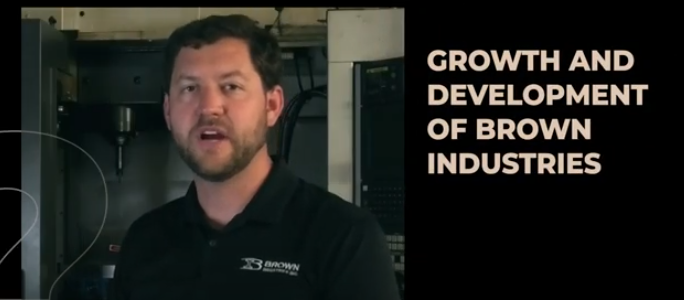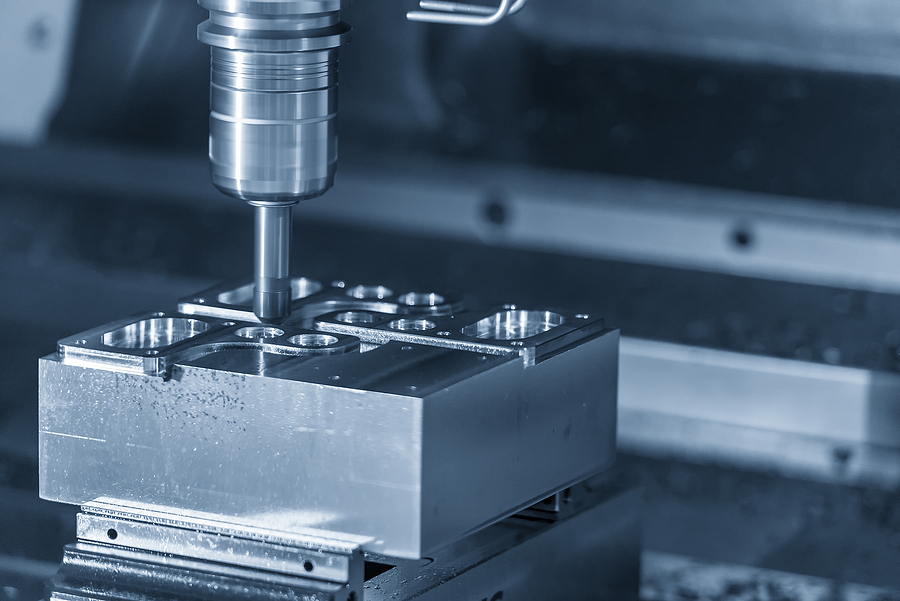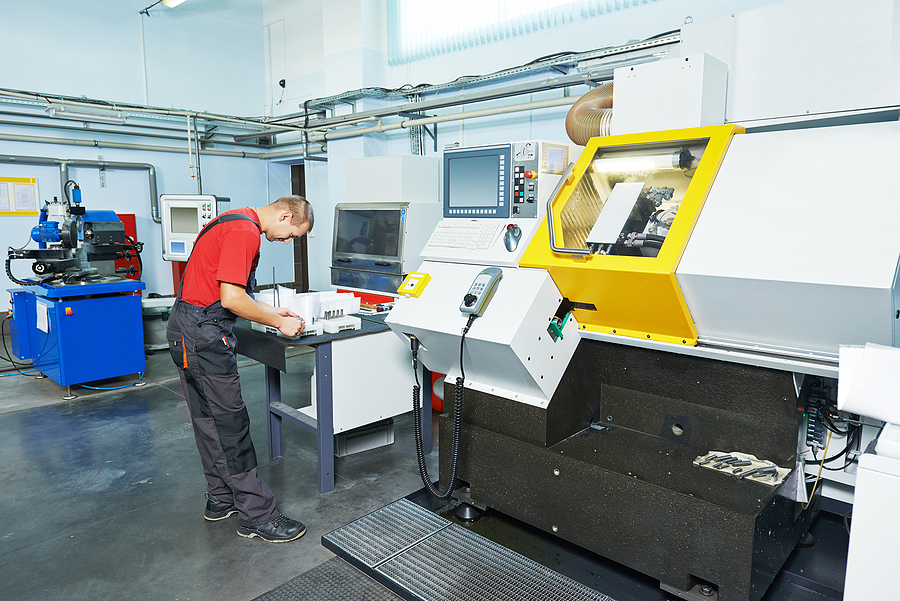Thermal expansion issues are a persistent challenge in precision manufacturing, especially for production machining operations in Kansas City. Therefore, machine shops must proactively manage the effects of heat on both their equipment and the parts they produce. Understanding and controlling thermal expansion in CNC machining is essential for maintaining tight tolerances, preventing costly rework, and ensuring customer satisfaction.
What Is Thermal Expansion and Why Does It Matter?
Thermal expansion is a physical phenomenon where materials change size in response to temperature variations. When heated, the particles in metals vibrate more, causing the material to expand. When cooled, they contract. In CNC machining, even minor dimensional changes from thermal expansion can result in parts that are out of spec, impacting quality and increasing waste.
For Kansas City machine shops, where seasonal and daily temperature swings are common, these issues are magnified. Metals like aluminum and steel, frequently used in production machining, each have unique coefficients of thermal expansion (CTE). The higher the CTE, the more the material will expand with each degree of temperature increase.
How Thermal Expansion Affects CNC Machining
Thermal expansion in CNC machining can lead to several production headaches:
- Dimensional Inaccuracy: Parts may end up larger or smaller than intended, requiring rework or scrapping.
- Machine Misalignment: Temperature fluctuations can impact the alignment of CNC machine tools, reducing accuracy and surface finish quality.
- Tool Wear and Distortion: Increased friction at higher spindle speeds generates heat, which can distort both tools and workpieces, leading to premature wear and quality problems.
- Ballscrew Accuracy: Heat build-up in critical components like ballscrews can directly impact machine precision, especially over long production runs.
Best Practices for Managing Thermal Expansion Issues
Production machine shops can take several steps to minimize the impact of thermal expansion issues:
- Material Selection: Choose materials with lower CTEs when possible, or match the tool and workpiece materials to minimize differential expansion.
- Temperature Control: Implement cooling systems, lubricants, and cutting fluids to dissipate heat during machining. Liquid-cooled spindles and ball screws can help maintain temperature stability.
- Machine Warm-Up: Before starting precision work, warm up the spindle and machine components to the correct operating temperature. This ensures thermal equilibrium and reduces dimensional changes during production.
- Tool Compensation and Probing: Use tool length compensation and in-process probing systems to monitor and adjust for dimensional changes in real-time, maintaining accuracy throughout the machining cycle.
- Optimize Tool Paths: Strategically plan tool paths to distribute heat evenly across the workpiece, reducing localized expansion and ensuring consistent results.
- Avoid Rapid Temperature Changes: Gradual heating and cooling of the machine and workpiece help prevent sudden expansion or contraction, which can cause warping or misalignment.
- Finite Element Analysis (FEA): Utilize FEA software to simulate thermal behavior under different conditions, allowing for proactive adjustments before production begins.
- Regular Maintenance: Keep machines well-maintained to ensure all components function optimally and can withstand the stresses of thermal cycling.
Local Expertise in Thermal Expansion Solutions
Kansas City’s machine shops are uniquely positioned to address thermal expansion issues thanks to their experience with regional climate variability and a commitment to precision. By leveraging advanced CNC technologies, robust process controls, and ongoing operator training, local manufacturers can consistently deliver high-quality parts-even when temperatures rise or fall.
Thermal expansion issues are an unavoidable reality in production machining, but with the right strategies, Kansas City shops can overcome these challenges. By understanding the science behind thermal expansion in CNC machining and implementing best practices, manufacturers can ensure dimensional accuracy, extend tool life, and maintain a reputation for quality. For businesses seeking reliable precision machining in Kansas City, partnering with a shop that prioritizes thermal management is a smart investment in long-term success.
CNC Machine Shop—Brown Industries
Ensuring high-quality end products is at the heart of everything we do at Brown Industries. We combine advanced technology, skilled craftsmanship, rigorous quality control, and a commitment to continuous improvement to deliver products that meet the highest standards of excellence. We offer CNC Milling and other machine shop services to make the parts you need, when and exactly as needed. For more information or to discuss your project needs, please contact us at (816) 231-2454.




